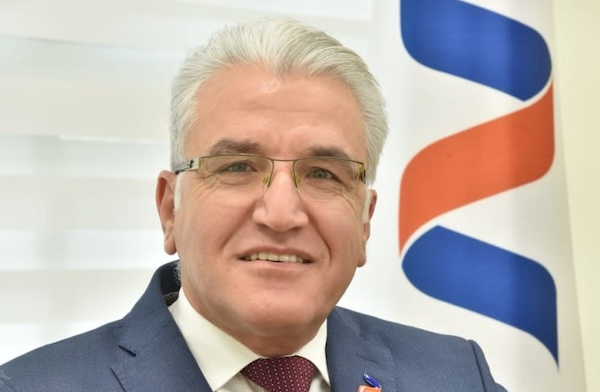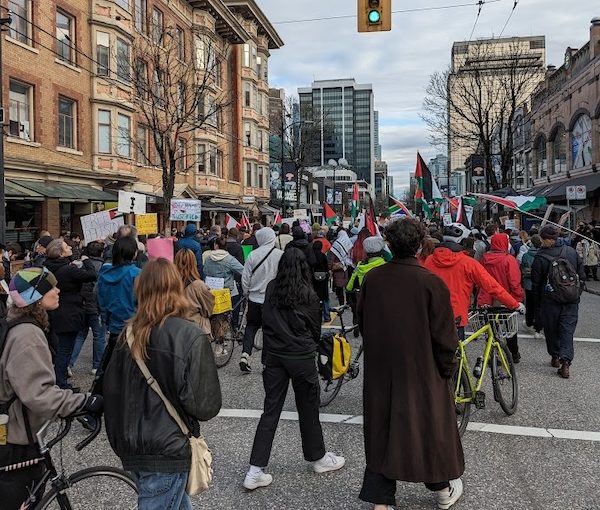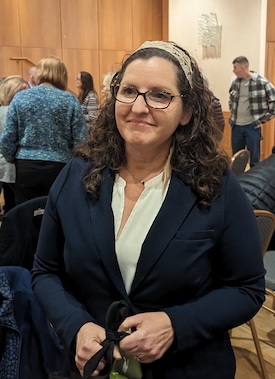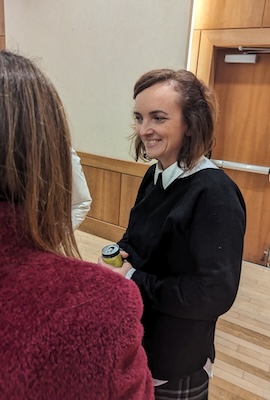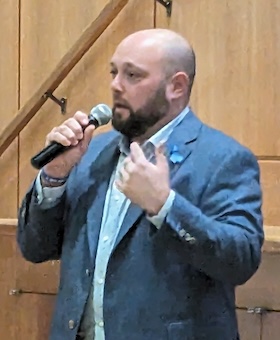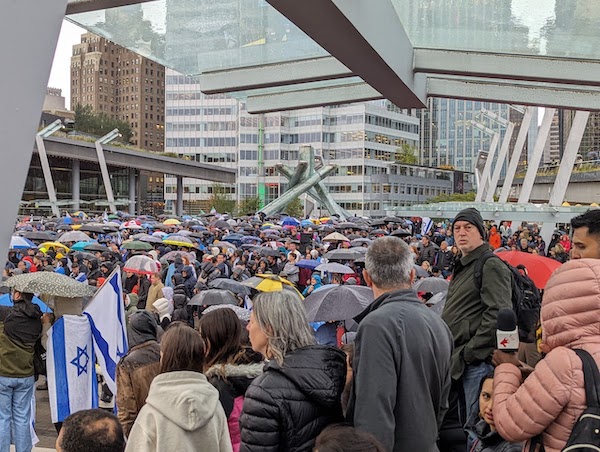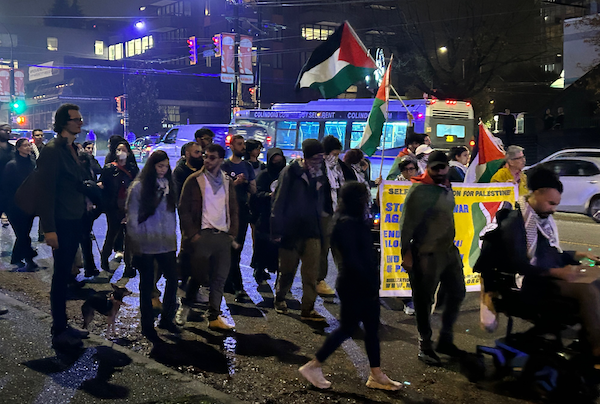Last week, the Israeli government announced that it would ban the operation of the United Nations Relief and Works Agency from operating in Israel, including in East Jerusalem.
For Arab citizens in East Jerusalem, this would mean an end to civic services like garbage pickup, three UNRWA-operated schools, and some health care and social services.
The laws passed by the Knesset would not preclude UNRWA from operating in Palestinian territories, but they would impede their work substantially. And they would eliminate any privileges or assistance UNRWA staff receive from the Israeli government, including easy passage across borders and through checkpoints.
UNRWA is a problematic organization. Begun in 1949, it has been criticized for perpetuating the Palestinian refugee crisis it was ostensibly created to resolve. By preventing Palestinian refugees from being resettled in host countries, UNRWA ensures that the refugees stand as living testament to the presumed injustice of Israel’s founding – the original sin in the anti-Israel narrative.
Through permissions granted by a bloc of Arab, Muslim and nonaligned states at the United Nations, UNRWA has expanded seemingly beyond the control of its larger parent body.
In the most illuminating example of UNRWA exceptionalism, the organization changed the definition of “refugee,” so it applies to Palestinians in ways it applies to no other people on earth. Palestinian refugee status is a heritable right, meaning descendants of the original refugees – now down to the third and fourth generations – are designated refugees when they may never have set foot in their ancestral homeland and may be second- or third-generation, for example, Jordanian- or Lebanese-born non-citizen residents. The objective of this strategy is clear: make the problem grow. The approximately 700,000 refugees of the 1948 war have grown exponentially, to 5.9 million people.
Operating in Gaza, the West Bank, Jordan, Lebanon, and Syria, UNRWA operates more than 700 schools, teaching about 500,000 Palestinian students. UNRWA clinics provide primary health care, mental health support and referrals to specialized medical services. The agency provides food assistance, welfare and other forms of support. During times of war and other crises, UNRWA provides emergency food, shelter and medical services to affected populations. They respond to needs created by violence, displacement and natural disasters. UNRWA is responsible for the most fundamental services in the refugee camps where generations of Palestinians live, including sanitation, water supply and housing.
So why is Israel banning this agency that is so clearly a lifeline to the Palestinian people – especially in a time of catastrophic war?
Israel has provided to the United Nations evidence that some of UNRWA’s 30,000 employees were involved in the Oct. 7 terror attacks and have collaborated with the terrorists before and after that dark day.
There are also older, systemic complaints. For decades, Israelis and others, including the European Union, have complained that the UNRWA-operated Palestinian education system is as much about inculcating antisemitism and a radical political agenda as it is inculcating the three Rs.
As a politicized arm of the United Nations, UNRWA is both a weapon in the decades-long global campaign against Israel and an agency that provides desperately needed services to Palestinian civilians, never more than in a war that is wreaking destruction and death on the people of Gaza.
Israel’s move looks punitive and vindictive in a moment when the world sees the humanitarian tragedy in Gaza. This is a bad PR move on the part of a country with a bad PR history. But PR should be among the last concerns in situations where thousands are dying. Banning UNRWA could have disastrous consequences on some of the most vulnerable people.
The Knesset’s vote to ban the organization is set to take place in 90 days. That is not a long time, certainly, but it is a window during which UNRWA and the larger UN apparatus has an opportunity
to demonstrate goodwill. To date, they have effectively ignored Israel’s decades-long protestations that UNRWA is, for whatever necessary social services it provides, also a provocative source of incitement that promotes dependency rather than initiative and fosters antisemitic and anti-Israel activism and even terrorism.
After years of Israeli complaints and warnings, the Knesset finally put a time-limited threat to their concerns. The UN, NGOs, commentators and much of the world are up in arms over the announcement. Instead, they could be diverting those substantial energies into cleaning up the mess at UNRWA.
Perhaps the Knesset vote is an empty threat. Or rather, it could be an empty threat, if it’s primarily intended to make the larger UN body and the world take seriously the systemic problems UNRWA has exhibited through its long and troubled history.
If UNRWA demonstrates it is willing to take seriously the rot at the heart of its operation, we hope that Israel will not enact the ban. No one can clean up the panoramic mess in three months, but we hope that evidence of goodwill would be met with flexibility on Israel’s side.
If, in the worst case scenario, the UN does not do what it should have done long ago, Israel has an obligation – humanitarian, moral and legal – to ensure that the necessities of life are provided to the people in territories it occupies. In the absence of the UN behaving responsibly, Israel must. And Israel should absolutely be able to call upon a community of humanitarian nations to assist in that process. The world’s leaders have had a great deal to say about the well-being of Palestinian civilians in the past year. This would be a moment for them to put their money where their mouths are.

